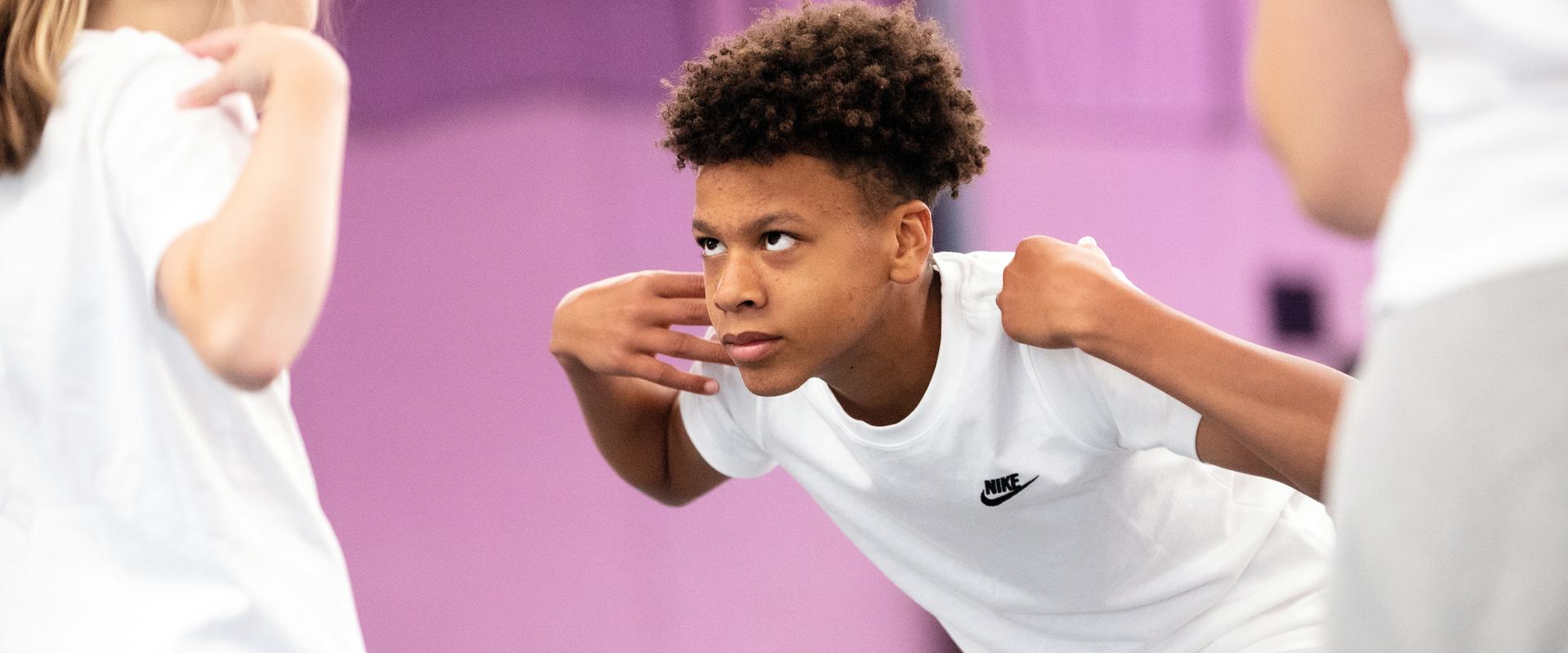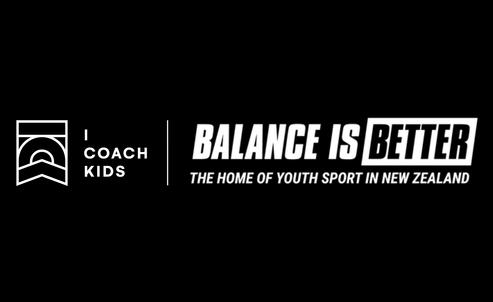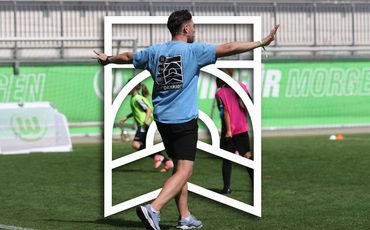
What is Character?

Balance is Better
This article first appeared on Balance is Better, an evidence-based philosophy that underpins Sport New Zealand’s overall approach to youth sport. ICOACHKIDS are proud partners of Sport New Zealand since 2020.
By Dr. Ralph Pim
People are often described as either having good character or bad character. Such perceptions represent traditional, limiting views of character. In reality, character is more complex than this. In this article, Dr Ralph Pim introduces us to how he conceptualises character.
In the webinar, Transforming Character Strengths into Productive Results, we talk about how sport doesn’t build character, it reveals character. It takes skilled leaders with purpose to use sport as a vehicle for developing character in young people. Having a good grasp on what ‘makes up’ character is the first step in being able to become a skilled leader capable of helping young people and athletes to develop their character.
How do you define character?
- Character is who you are as a person. It’s your values and beliefs in action.
- The term “character” is very general and unclear. People are often described as either having good character or bad character. Such perceptions represent traditional, limiting views of character. In reality, character is more complex than this.
- Character is plural. A person’s character consists of a multitude of character strengths that are usually being expressed at the same time.
What are Character Strengths?
- Character strengths are positive traits/qualities that are aligned with positive outcomes (for oneself and others).
- When developed, character strengths can boost wellbeing, foster resilience, improve relationships, increase performance, and create strong, supportive cultures in sport.
- There are two categories of character strengths: performance character strengths and relational character strengths.
Performance Character Strengths: promote mastery and success in a specific performance environment (such as sport or school). Examples include hardworking, resilient, disciplined, competitive, confident, and focused.
Relational Character Strengths: promote ethical conduct, harmony, and teamwork. Examples include honest, respectful, trustworthy, humble, caring, and empathetic.
Crucially, the list of performance and relational character strengths is imperfect. Arguments can be made for strengths to be included or excluded. In my work, I want coaches to use words that best fit their coaching philosophy. It is very important that a team has a common vocabulary.
What is important for coaches to understand about Character Strengths?
- Coaching for Character helps coaches and athletes expand their definition of character into character strengths.
- Character strengths are reflected in thoughts, feelings, and behaviours that lead to human excellence and well-being.
- People have many character strengths, and these strengths are expressed in combinations, with each person having a unique profile of character strengths.
- Character strengths are shaped by the context that a person is in. Examples include:
– Who they are with
– Where they are
– What they are doing - What the expectations of the situation are
- Past experiences in the situation
- There is no magic formula for applying character strengths. It depends on a subjective understanding of individual and context-based factors.
- Character Strengths create an Identity.
What is Identity?
- In sport, there are three interdependent identities: a team’s identity, an athlete’s identity, and a coach’s identity.
- A team’s, coach’s, or athlete’s identity is their visible behaviours.
- Creating and developing an identity is the process of identifying qualities (character strengths) that you want yourself (as a coach or athlete) and your team to exemplify.
Why is an Identity important?
- Because your inner thoughts, feelings, and beliefs about yourself as an athlete (or coach) drive behaviours that produce productive (or non-productive) results.
- The best athletes and teams create their identity through purposeful planning.
- Coaching for Character helps coaches, athletes, and teams identify character strengths they want to exemplify.
Where does Culture fit with Team Identity?
Culture and Team Identity go hand-in-hand.
Five important components when building your team’s culture are:
- Purpose
- Vision
- Core Values
- Standards
- Results
The key is transforming these words into productive, visible behaviours that become your identity.
In summary
Investing the time to identify, define, and nurture your character strengths (and your athletes’ character strengths) could very well be the most important thing that you do this season to establish a culture that builds life-skills, improves relationships, fosters resilience, increases performance, and boosts wellbeing.
For more on Balance is Better, visit https://balanceisbetter.org.nz...
Comments
Related Pages


